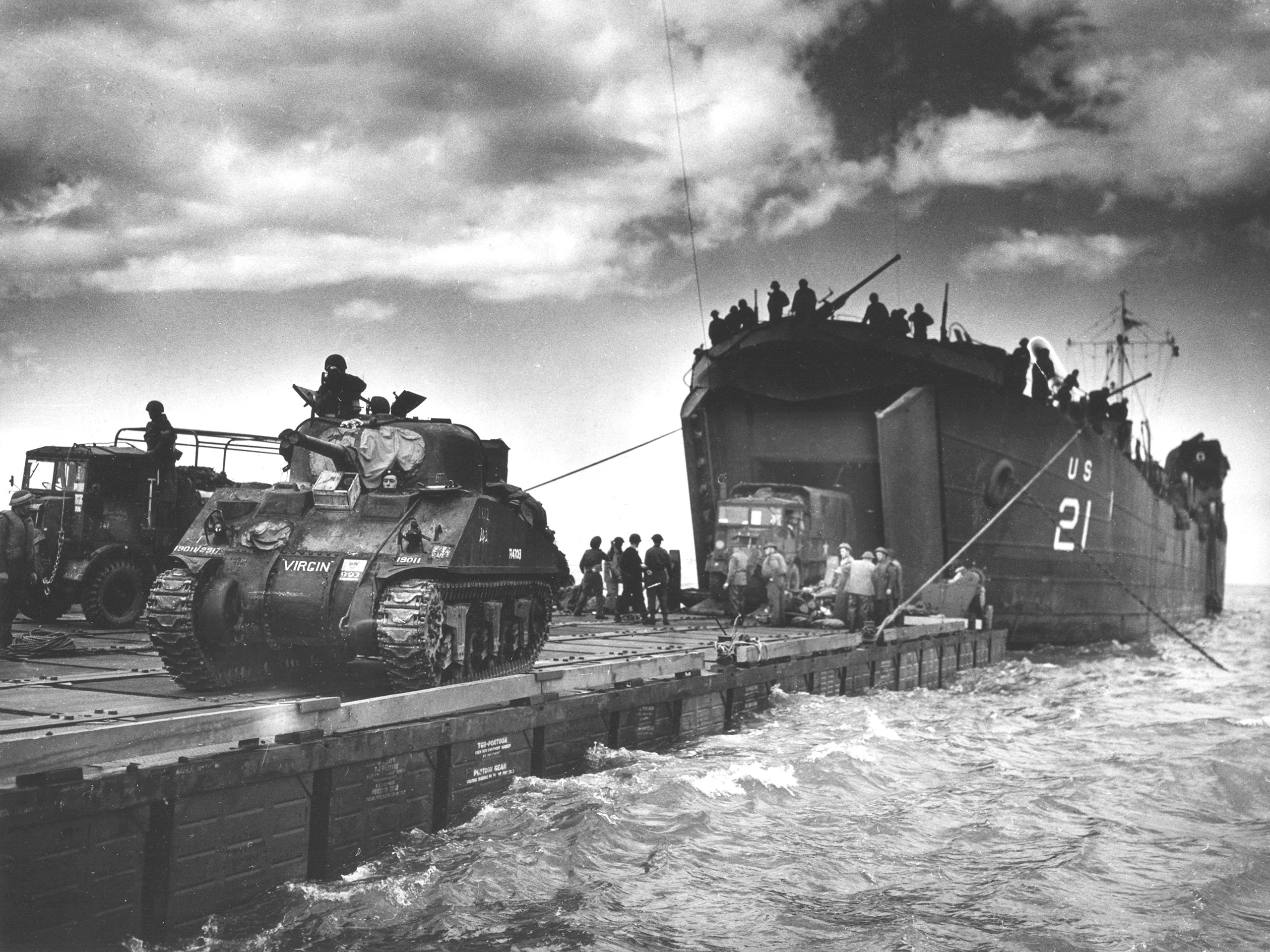
D-Day, in the words of the Virginians who were there
“In those first 5-10 confused minutes when the men were fighting the water, dropping their arms and even their helmets to save themselves from drowning, and learning by what they saw that the landing had deteriorated into a struggle for personal survival, every sergeant was either killed or wounded.”
“Private Shroudy had been dropped by a bullet just before reaching the hole….
He was still conscious and he gave Sgt Ralph Coffman his grenades and launcher and said: ‘Go get ’em.’”
Masterly volunteered to go back on the beach and salvage some ammunition but the Captain told him to set up his gun while he went for the ammunition. On his return trip he was hit twice [by] gun bursts and went down.
His last words were, “Senior non com, take the men off the beach.”
On June 6, 1944, Allied forces under the command of Gen. Dwight Eisenhower embarked on what he called “the great crusade,” the largest amphibious landing in history to put an army ashore in Nazi-held France.
The landing site stretched 50 miles along the beaches of Normandy. On the one code-named Omaha Beach, the soldiers who stormed ashore that morning included former National Guard units from Virginia that had been called up and became part of the 116th Regiment of the 29th Division. The soldiers came from across Southern Virginia, from Emporia to Martinsville, and then up the spine of the Blue Ridge from Roanoke and Lynchburg to Winchester.
We all know the outcome and the general story. Until now, we haven’t necessarily heard it in the words of those who were there. Cardinal News obtained “after-action reports” from each company that the U.S. Army compiled during the fateful summer of 1944.
Here they are, in sometimes painful detail.
Click on a company to read their report
Map by Robert Lunsford
The generation that took those beaches is now passing into history. In the spirit of passing the torch to subsequent generations, we asked Virginia’s governor and two U.S. senators to read portions of these after-action reports. A Company from Bedford lost 19 men that day, which is said to be the largest loss per capita of any place in the country and the reason why the National D-Day Memorial is in Bedford. For that company, we turned to students from Bedford County’s three public high schools.
Listen to the reports from Normandy
A Company from Bedford: Read by Bedford County high school students
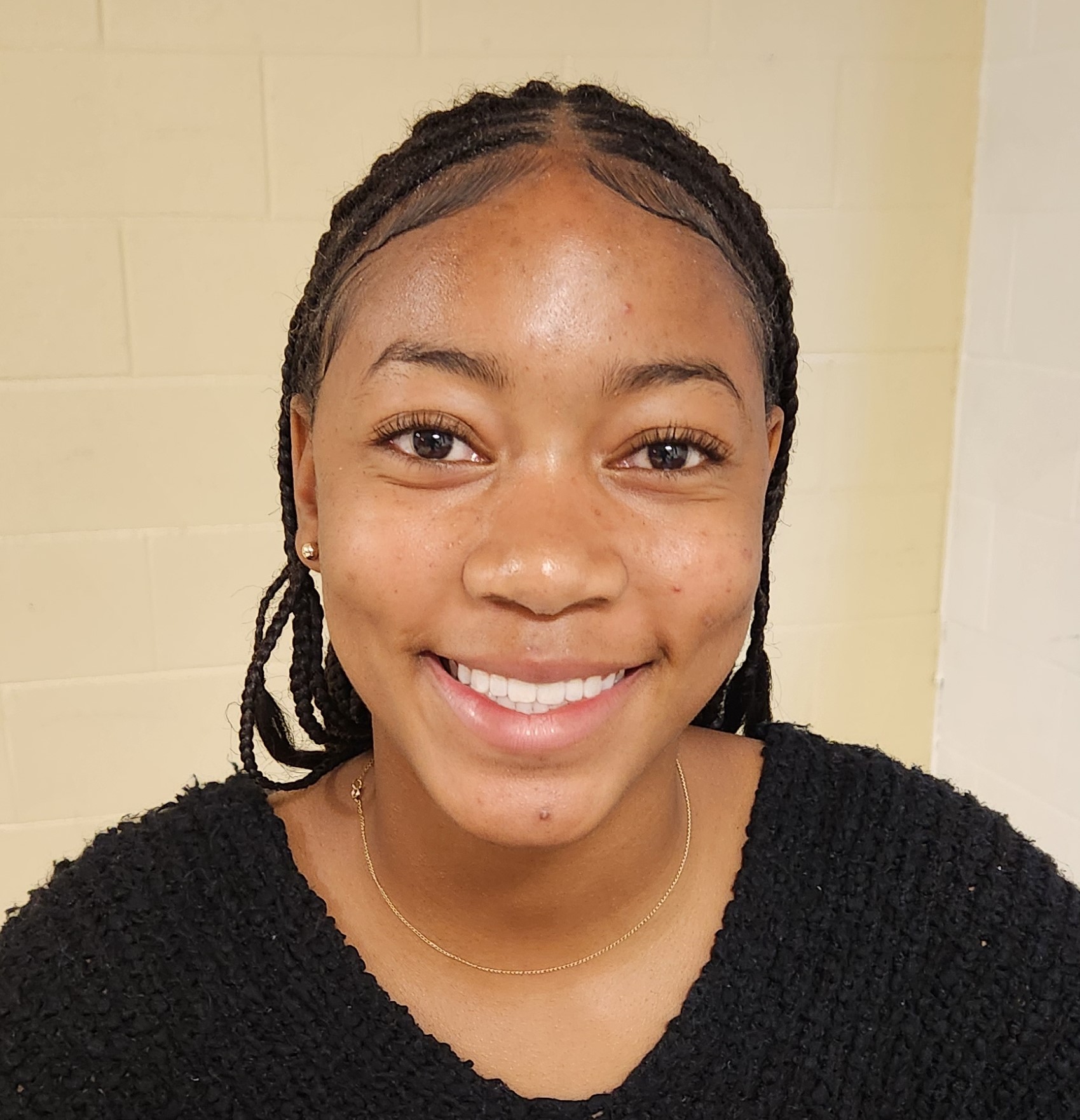
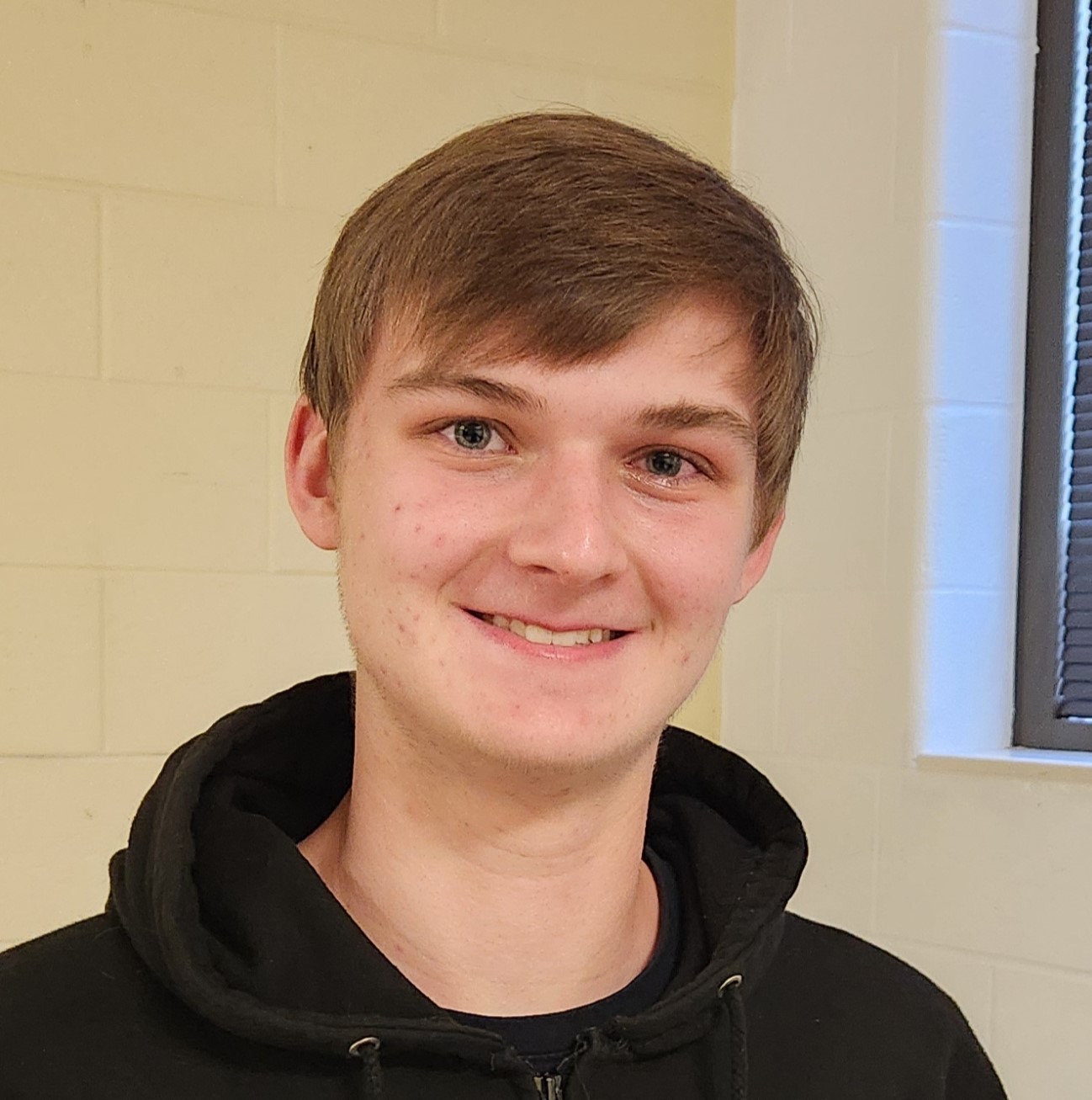
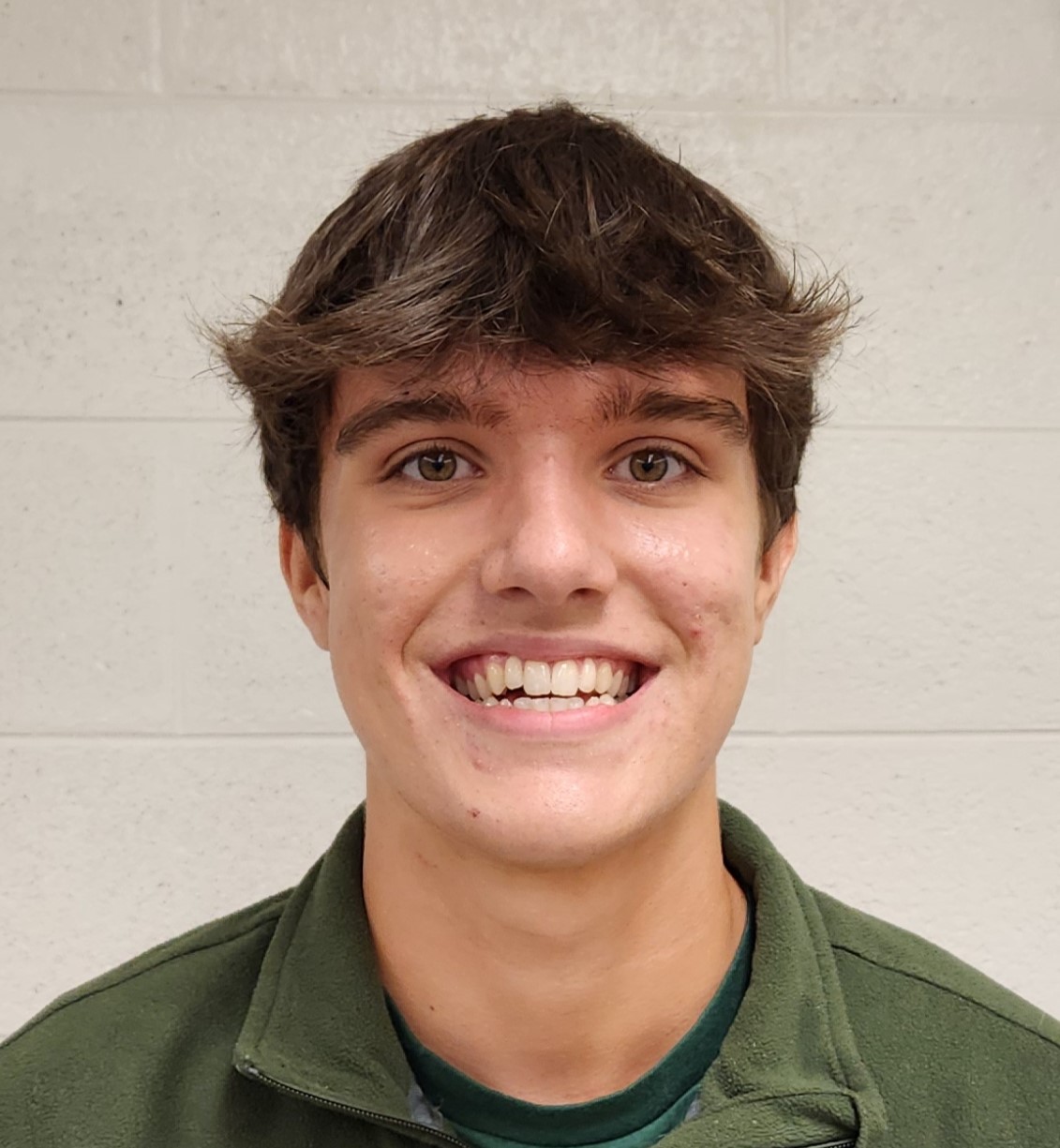
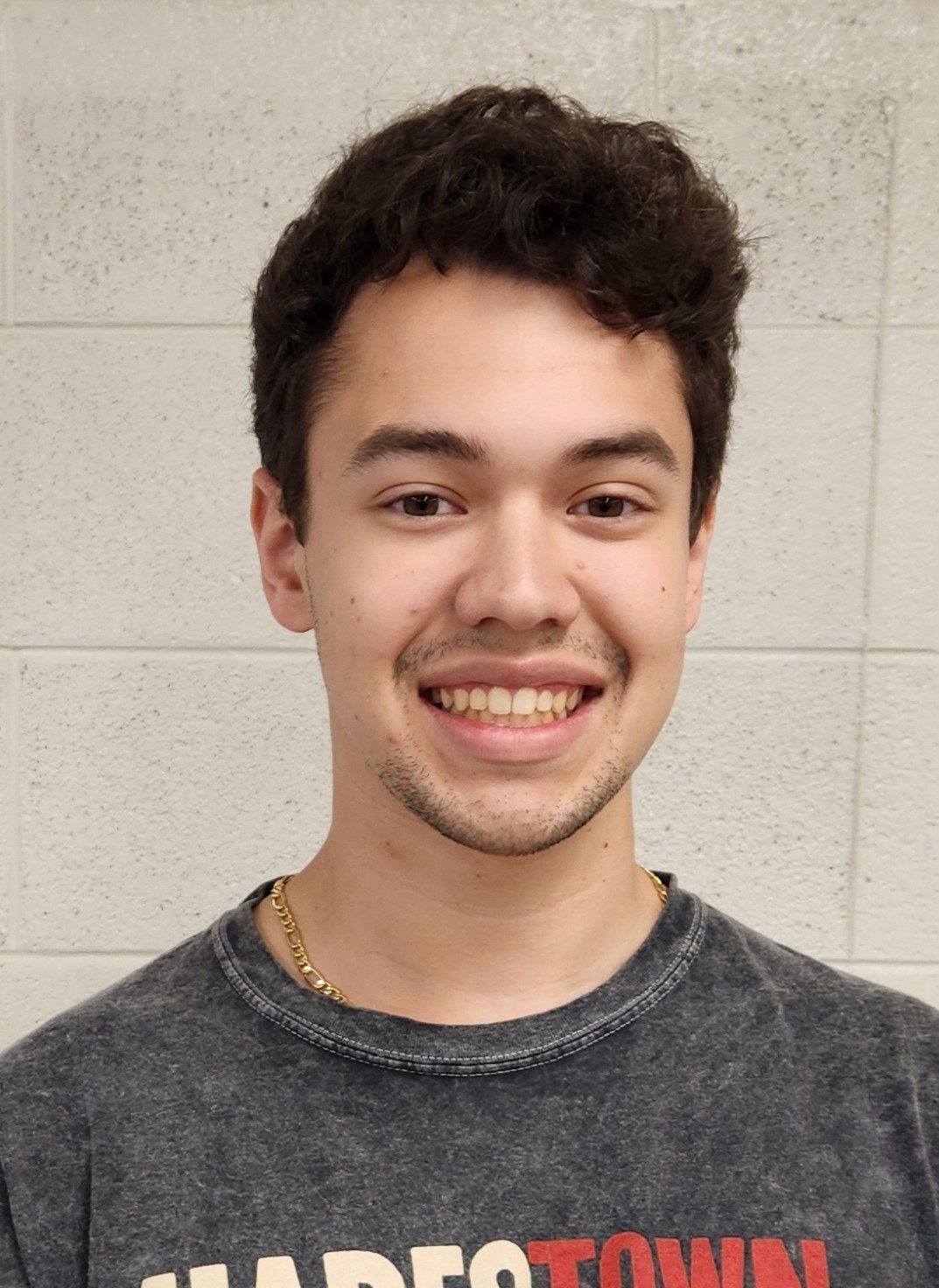
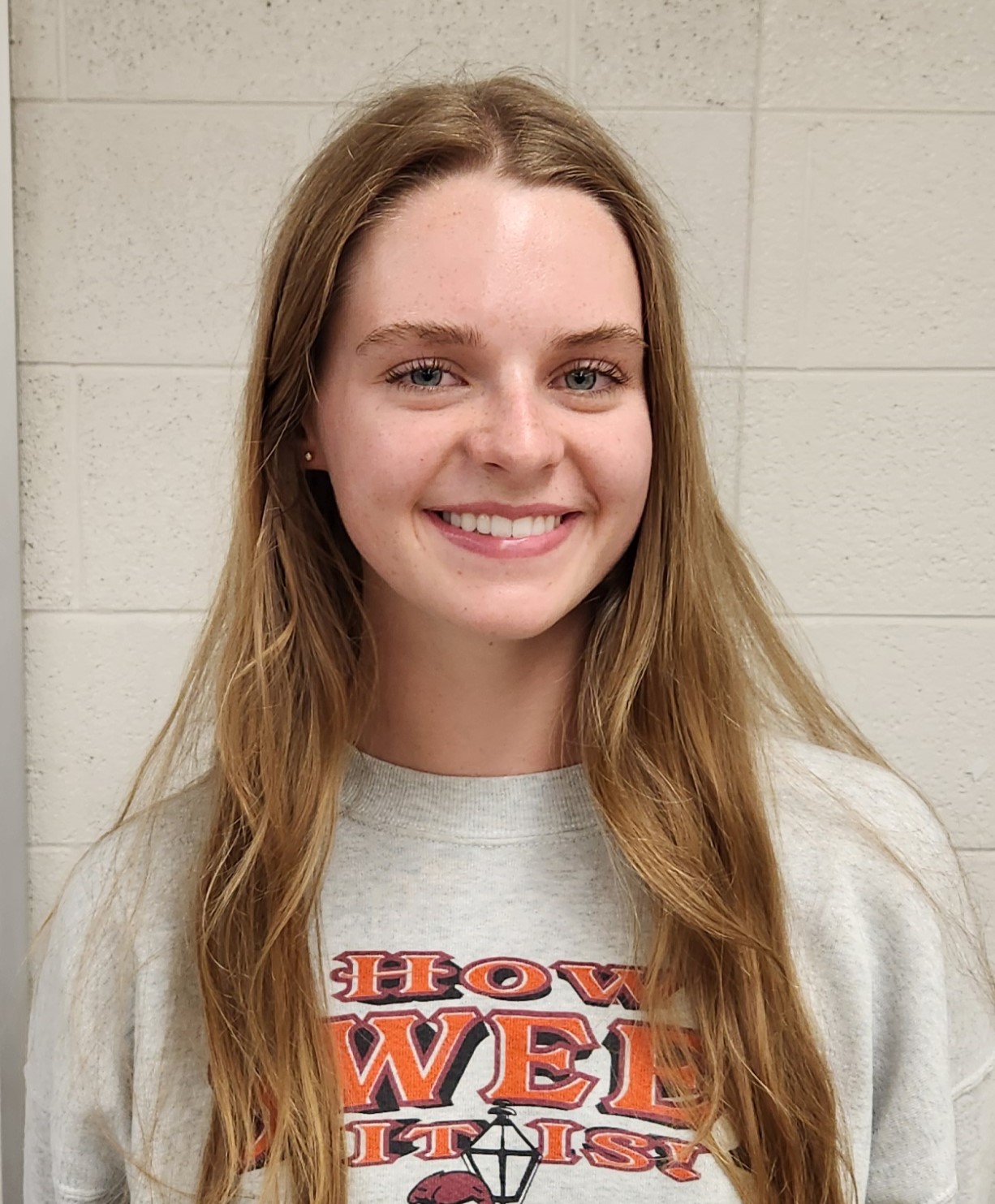
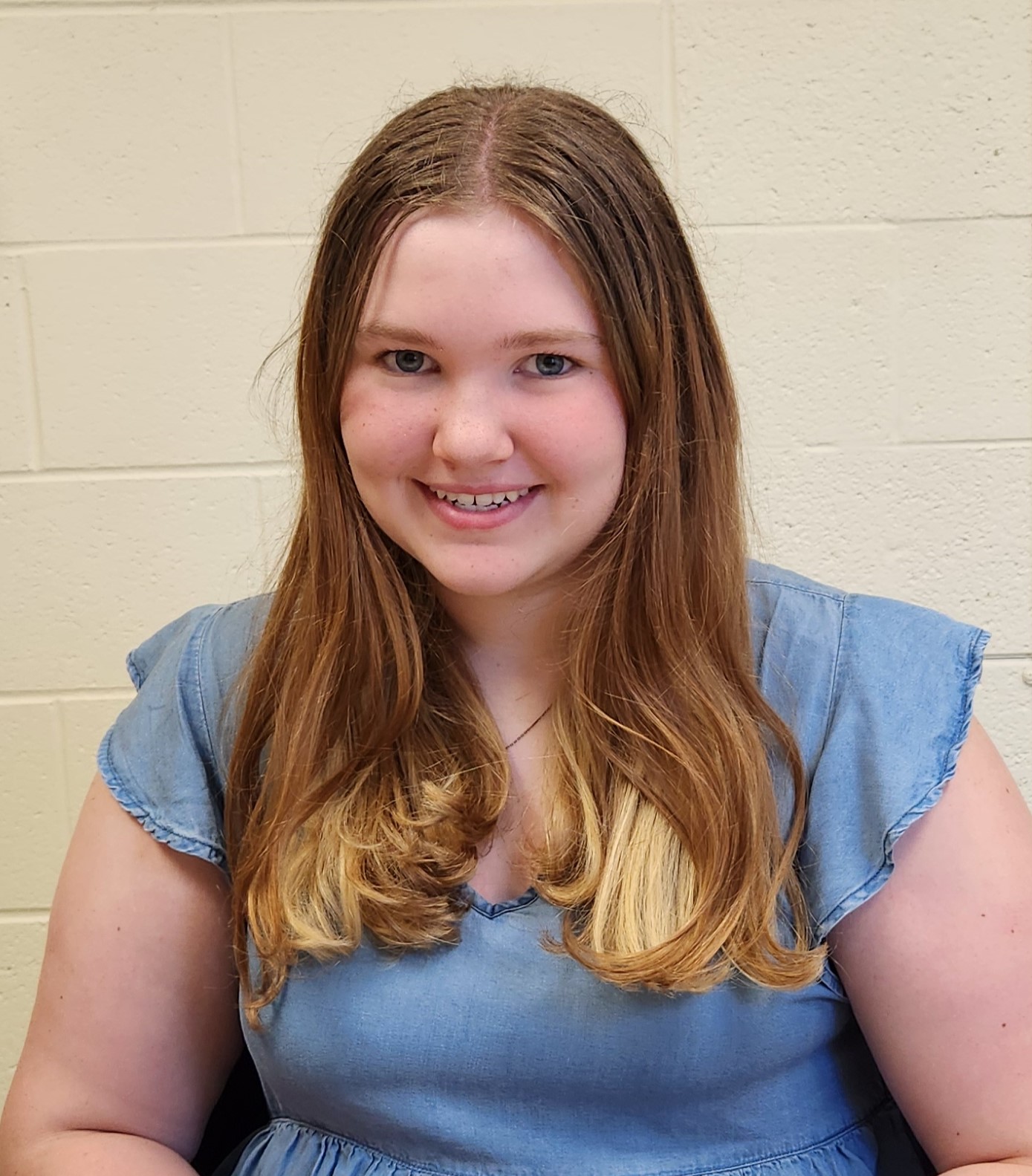
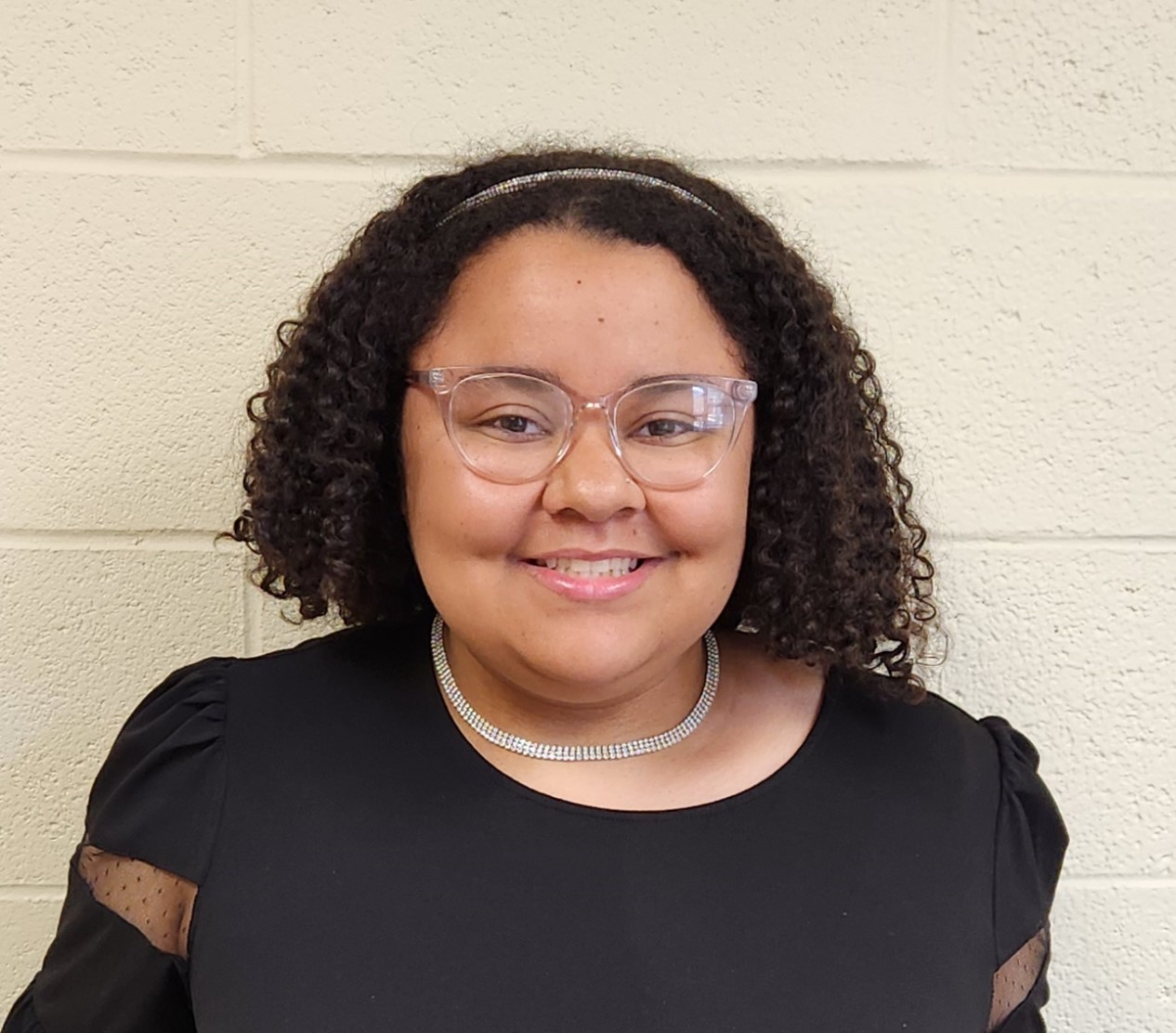
Student readers, from left to right: Maya Lee (0:00), Jacob Lorak (0:22), Monty McNeil (0:41), Zachary Davis (1:15), Maggie Dewitt (2:00), Sienna Harris (2:49) and Brooklyn Toler (3:10)
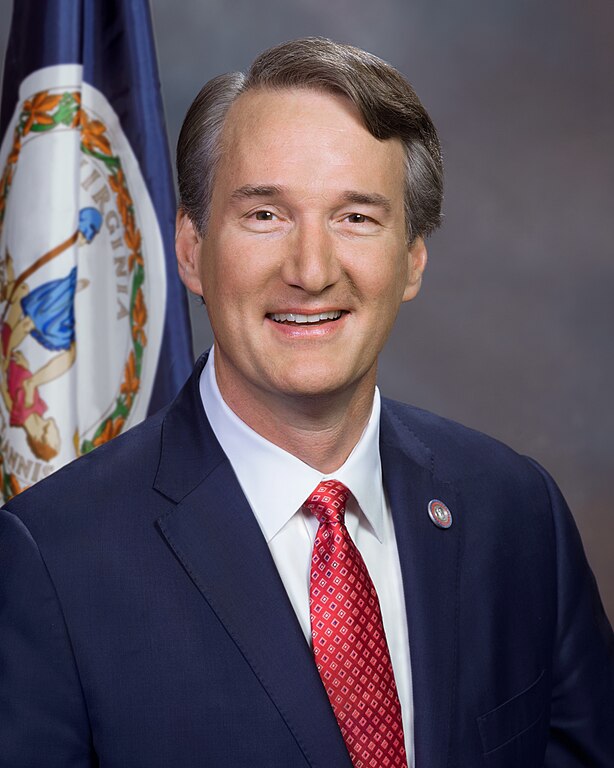
Headquarters Company, 1st Battalion: Read by Gov. Glenn Youngkin
D Company from Roanoke: Read by U.S. Sen. Tim Kaine
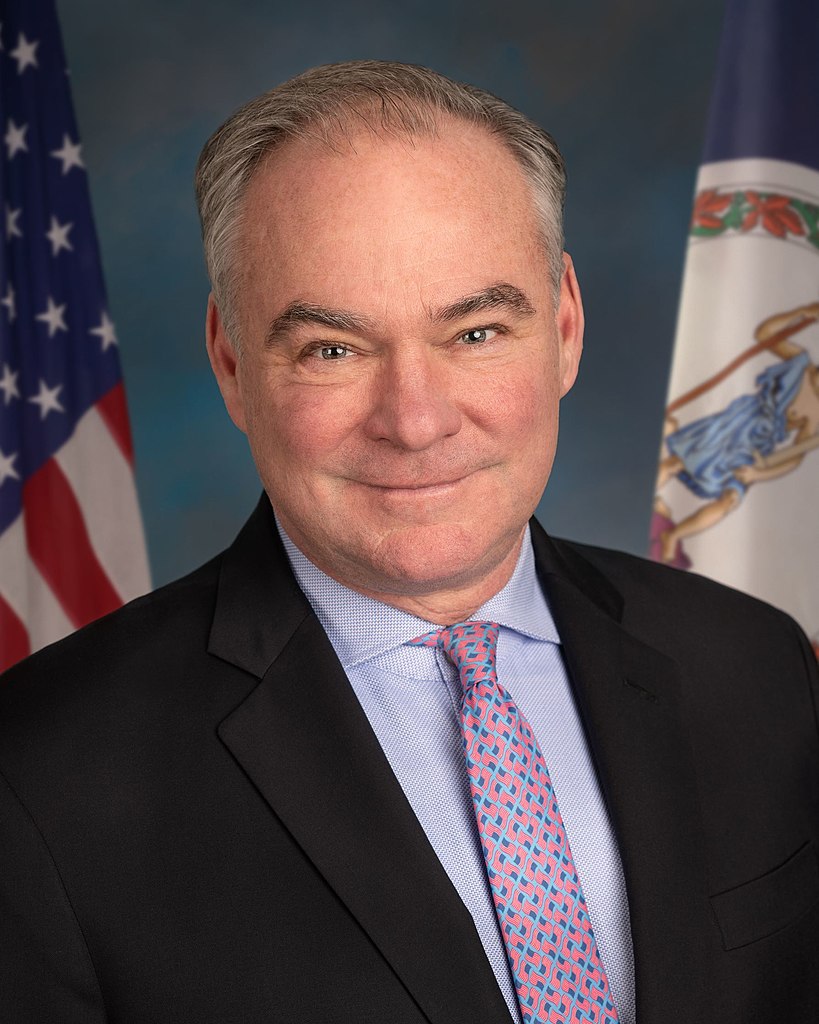
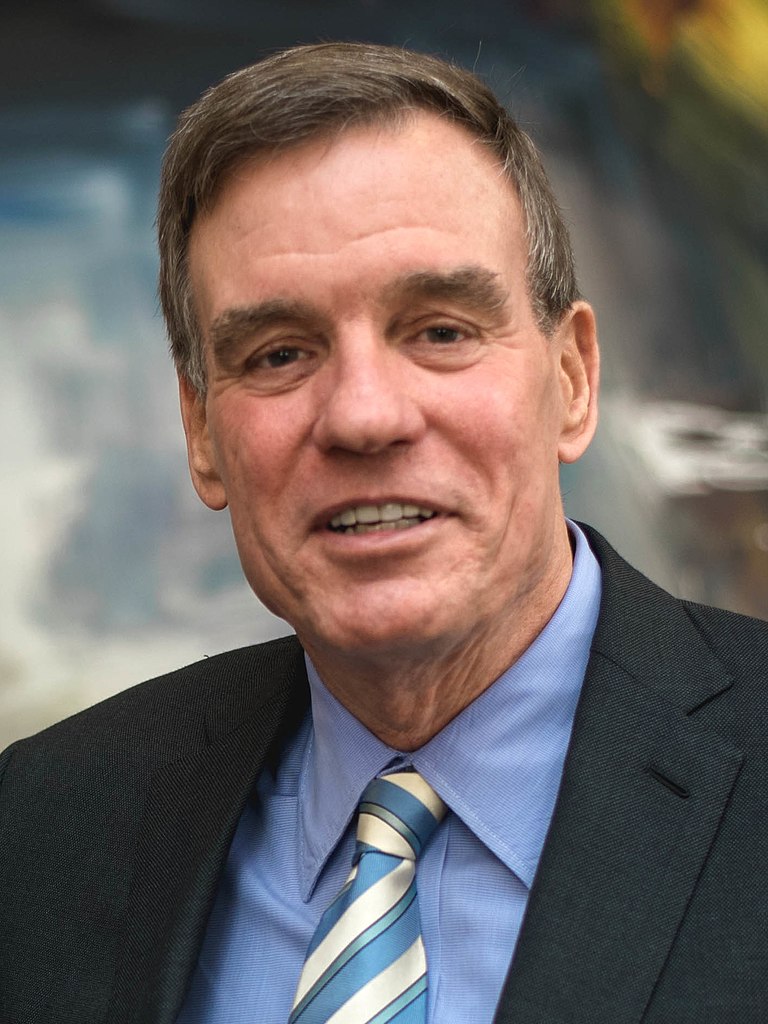
B Company from Lynchburg: Read by U.S. Sen. Mark Warner
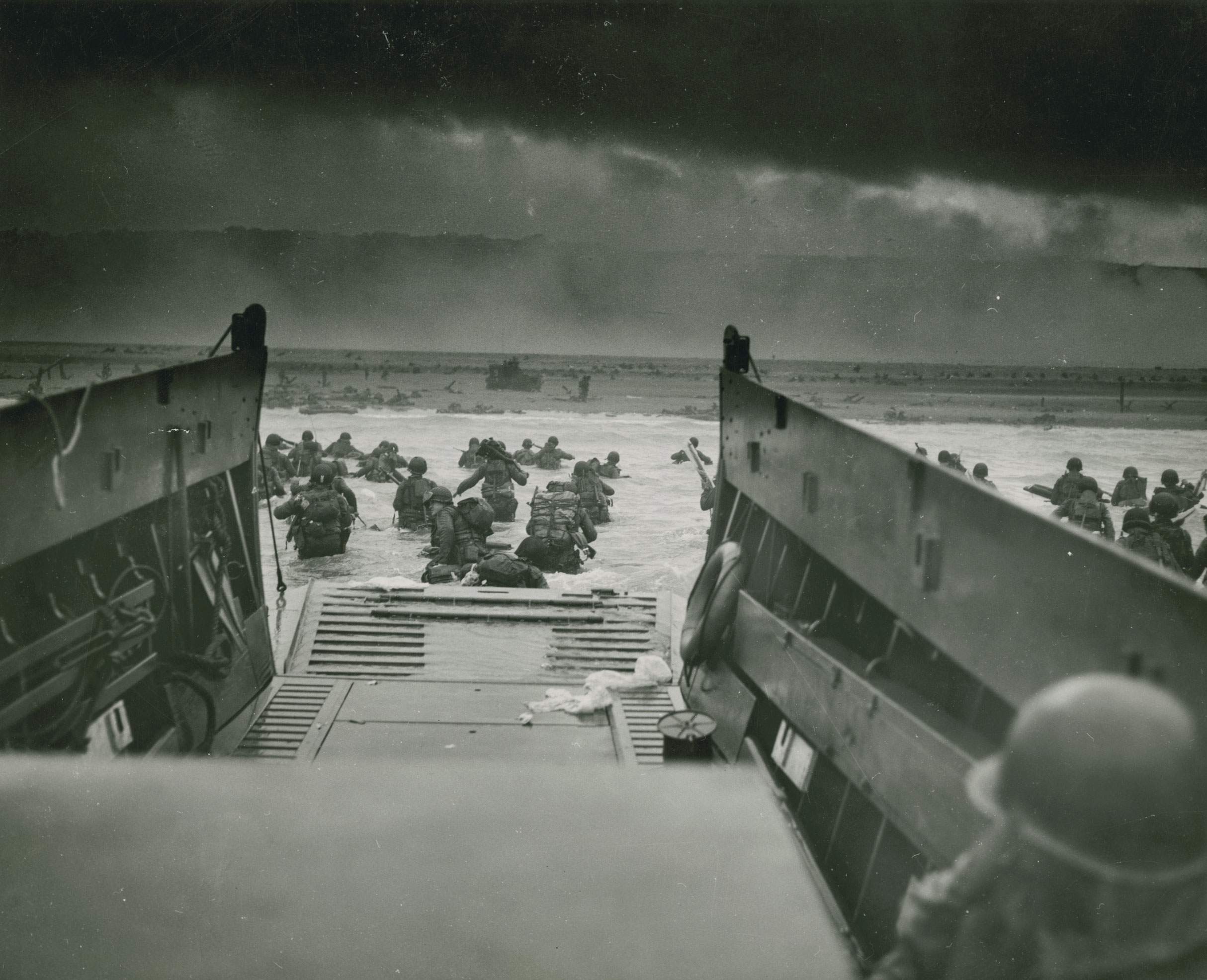
Company reports
A Company, from Bedford: “They crumpled as they sprang from the ship”
B Company, from Lynchburg: “The dead washed up to where they lay and then washed back again”
C Company, from Harrisonburg: “Despite this serious injury he continued”
D Company, from Roanoke: “Only half of the men reached the beach”
E Company, from Chase City: Upon landing, “a machine gun sprayed the ramp…”
F Company, from South Boston: “The men reached the high water line without difficulty”
G Company, from Farmville: “The unit was all but neutralized”
H Company, from Martinsville: “Heavy casualties as its soldiers struggled through the flooding surf”
I Company, from Winchester: “There were so many bodies on the beach…”
K Company, from Charlottesville: “They were pinned down by artillery and small arms fire”
L Company, from Staunton: Wounded man tells comrade “Go get ’em”
M Company, from Emporia: “Sea-sickness was getting some but fear was getting most of us”
Command Group: “We cursed, we cried, we laughed”
Headquarters Company, 1st Battalion: Enemy fire was “heavy and almost unceasing”
Headquarters Company, 2nd Battalion: Captain “was giving an order… when a piece of shrapnel went through both cheeks”

